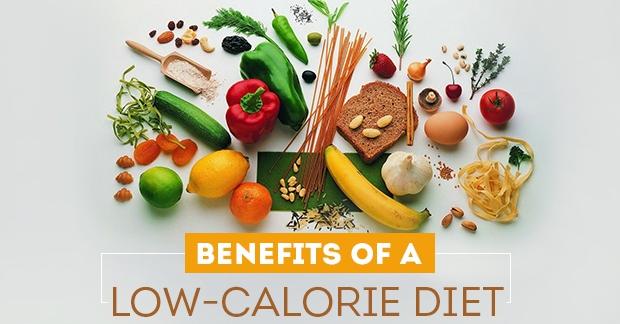Low-calorie foods refer to dietary items that provide a relatively small number of calories per serving compared to their volume or weight. Low calorie foods are often rich in essential nutrients, such as vitamins, minerals, and fiber, while being low in calories. They are valued for their ability to help control calorie intake, support weight management, and promote overall health. Low-calorie foods include various fruits, vegetables, lean proteins, and whole grains, making them an essential part of a balanced diet for those aiming to maintain or achieve a healthy weight.
Consuming low-calorie foods can offer several benefits, including:
- Weight Management
- Satiety
- Hydration
- Digestive Health
- Heart Health
Let us look into the details of each one of them
- Weight Management: Weight management is primarily about maintaining a balance between the number of calories consumed and the number of calories expended. Low-calorie foods help create a caloric deficit, which is essential for weight loss or maintaining a healthy weight. This means you can enjoy larger portions without consuming excess calories, which can help you feel fuller and more satisfied.
- Satiety: Low-calorie foods are often nutrient-dense, providing essential vitamins, minerals, and other nutrients. When your body receives the necessary nutrients it needs, it is less likely to signal hunger. Also, they are rich in fiber. Fiber-rich foods take longer to digest because they require more chewing and processing in the digestive tract. This slower digestion rate extends the period during which nutrients are absorbed, helping to maintain a sense of fullness.
- Hydration: Many low-calorie foods, particularly fruits and vegetables, have a naturally high water content. Examples include watermelon, cucumber, lettuce, and strawberries. These foods can consist of over 90% water by weight, making them effective at delivering hydration. These minerals help regulate fluid balance in the body and support hydration.
4. Digestive Health: Fiber is essential for maintaining regular bowel movements and preventing constipation. Low-calorie, high-fiber foods are prebiotic in nature, providing nourishment for beneficial gut bacteria. A diverse and healthy gut microbiome is associated with improved digestion, nutrient absorption, and a reduced risk of digestive disorders. Also, some low-calorie foods, such as pineapple and papaya, contain natural enzymes like bromelain and papain, which aid in the digestion of proteins. These enzymes support smoother digestion and reduce discomfort after meals.
5. Heart health: A few of the low-calorie foods that are high in potassium, include bananas and leafy greens, which will help to lower blood pressure. Potassium counteracts the effects of sodium in the diet, which is a known contributor to high blood pressure. Some of these foods are low in saturated and trans fats and can help improve your lipid profile by reducing LDL cholesterol levels and increasing HDL (good) cholesterol levels. This is essential for heart health and reducing the risk of atherosclerosis (hardening of the arteries).
Conclusion
Low-calorie foods, with their elegance and restraint, offer a pathway to a healthier, more vibrant life. They whisper the secrets of portion control, weight management, and heart health while filling our plates with colorful, nutrient-rich offerings. It’s important to note that while low-calorie foods offer numerous benefits, maintaining a balanced diet that includes a variety of food groups is crucial for overall health. Also, individual nutritional needs can vary, so it’s advisable to consult with a healthcare professional or registered dietitian when making significant dietary changes or considering a low-calorie diet plan.

